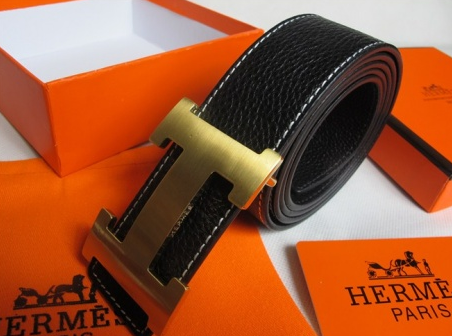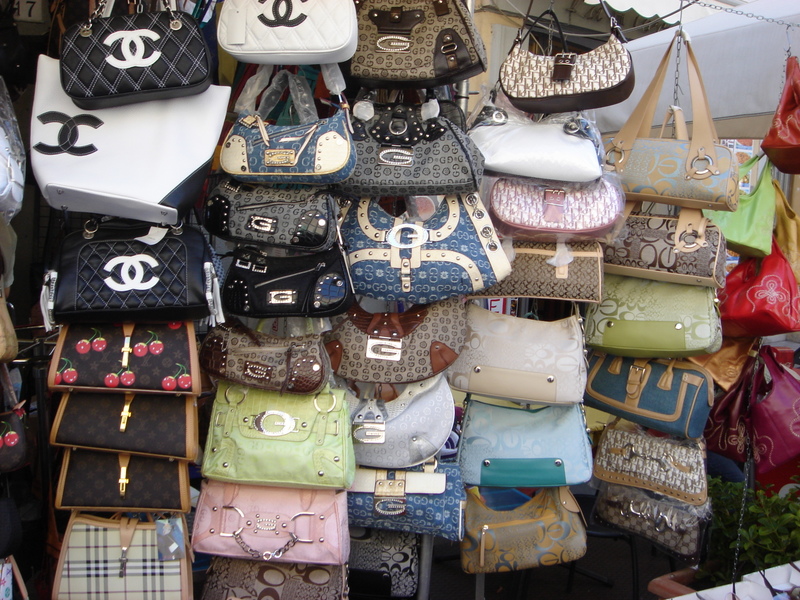Compared to other business models, online retail businesses are reasonably easy to set up and pull a profit from. However, there are some common mistakes that I see people make time and time again when they get started. Most common of all is attempting to sell products that just don't yield good profits. And every time, these sellers end up feeling burnt out and unmotivated. This usually occurs when sellers offer items that are far too competitive.
We see this whenever a new seller tries to sell wholesale iPods or another popular product with low margins (more about this soon). At the other end of the spectrum, it's also common for sellers to sell products that just have no consumer interest and therefore make no sales.
Both these scenarios can be avoided with a little research... but no one really likes doing research (hey, I'm willing to admit it!). So to make your life a little easier, I've listed the four products that you will never make a profit with on eBay.
1. Apple Products
There is no doubt that Apple products are popular among buyers, but if you try and source these to resell on eBay or another marketplace, you'll be disappointed. There are two reasons why you it's not easy to sell these for a profit on eBay:
Apple products have low profit margins
When you walk into a store like Best Buys or another retailer of consumer electronics, you might think they are making a killing, but the truth is, these stores often run on very low margins, especially when they sell Apple products. The biggest discount you'll ever see them give on Apple products is 15 percent off and that's because Apple keeps very tight restrictions on how much their re-sellers are allowed to discount their products.
I can only speculate as to how much Apple makes on product sales, but it's safe to say that resellers don't make a lot. That's why they rely on a large volume of sales to make it worth their while, so unless you are able to make a few hundred sales a week, it's unlikely Apple products will be worth it for you.
Apple products are difficult to source
Most people you see selling Apple products online are very established companies. Don't think of them as typical the "Mom and Pop stores" you find on eBay. They're often teams of five to 10 people, or even more with a large retail operation. They have big buying power and good partnerships that help them to get the best wholesale deals possible (which still aren't actually that great).
Quite often, these sellers are actually sourcing products from liquidators who sell them customer returned or damaged items. The sellers then fix the products up themselves and resell them as refurbished items. So unless you are a whiz at fixing iPads, iPods and iPhones, this method might not work for you!
When it comes to sourcing products direct from Apple itself, there are a few hoops to jump through. First of all, Apple requires that you have a minimum turnover of $100,000 before the company will consider allowing you to become one of its re-sellers. Along with other requirements, you must also be able to provide face-to-face sales (not just online) and offer post-sales support to customers. Not exactly easy for a new retailer!
2. Fake/replica goods
If you don't already know the risks of selling fakes already, they range from having your eBay/other marketplace account closed down to being sued by the brand owner and having your items seized by customs if and when you try to import them.
Fakes can be hard to spot and it's becoming harder for us to tell you how to spot a fake because the people producing them are constantly working to make their fakes as "real" as possible. Take watches, for example. Manufacturers of fake Rolex or Tag Heuer watches produce what they call AAA+ replicas. These replicas are so close to the original model that they even weigh the exact same weight, right down to the gram. This makes it difficult to detect whether the items are imposters. Unless you're absolutely certain your products are genuine, it's better to just steer clear of these, as the consequences are too severe.
The number one rule for avoiding fakes is to never buy branded/designer items from a supplier based in China. In 99.9 percent of all cases, they'll be fake. Generic and non-branded items, on the other hand, are safe to source from China.

Can you spot whether this Hermes belt is fake or real?
Need more reasons to avoid selling fakes? How about the fact that the vast majority of fake goods are produced by child and adult slaves. These are people who are abducted and sold to factories, where they're forced to work in miserable and sometimes dangerous conditions. If you buy and sell fakes, you're supporting this. If you need more convincing, read about our SaleHoo blogger Alice's experience selling fakes. She made a little money, but it all came crashing down.
3. Designer handbags
One of the biggest issues with wholesale designer handbags is that there seem to be more fakes than real ones, which obviously makes sourcing them a little risky.
As I mentioned above, you should avoid importing handbags from China. Instead, source locally. There are some great suppliers who sell beautiful wholesale handbags. However, they don't come cheap. Don't expect to pay $40 for a wholesale bag that you can resell for $400. More likely, you will need to invest $200-$300 (or a lot more, depending on the brand) per handbag, and you'll make $30-$60 profit on each sale. That's probably the best case scenario if you have a medium budget.
If you have a larger budget for wholesale purchasing and a good relationship with a supplier, you can make more per sale, but it takes time to build good relationships with suppliers. When you're dealing with high-ticket items like designer handbags, you'll need around $10,000 to buy enough stock to secure good wholesale prices.

If you've ever wondered whether you can successfully drop ship designer handbags, the answer is generally no. Too many people will be offering the same items as you, and it's be difficult to compete.
If you are drop shipping from your own website such as a SaleHoo Store, you might be able to make it work, but on a price-driven marketplace like eBay, price is everything. That will make it very difficult for you to even make a sale, let alone a profitable one.
4. Game consoles
The game console market has woes similar to the Apple product market. PlayStations and Xbox consoles are indeed popular among buyers, but so many established retailers are already selling these online, there simply isn't room for new retailers to make it. In order to succeed at selling wholesale game consoles, you need to have a lot of money to invest ($10,000 would be a start) to ensure you get good wholesale prices that will actually allow you to keep up with the big boys who have been doing this for years.
If you are really passionate about gaming and you would love to make this market work for you, look into selling gaming accessories such as gaming chairs, cables and adapters or personal 3D viewers.
What all these product markets have in common
As you will have gathered, all these markets have a few things in common:
- Low profit margins and high initial costs, which means high risk for low returns.
- High competition levels. People who are successfully selling these items have been doing so for years and are very difficult to compete with.
- High risk of buying knock-offs and imposters, which can cause all kinds of trouble!
So what's a better alternative? Try selling niche items that appeal to a more specific group of buyers. This includes such as:
- Water proof heart rate monitors
- Plus-size maternity wear
- Kids' party supplies
- Organic cotton sleepwear, etc.
Want more ideas for hot products? Check out the SaleHoo blog. Every Monday we feature a niche market that we've proven to be a profitable one. Skip the hours of research involved with finding niche markets — we've done the work for you! Here's one we did on anti-hair loss. You can find more Monday Markets listed on the right-hand side of the page.
In an upcoming lesson, I'll give you some more practical tips for finding niches that sell consistently and for good profits. Keep an eye on your inbox!







